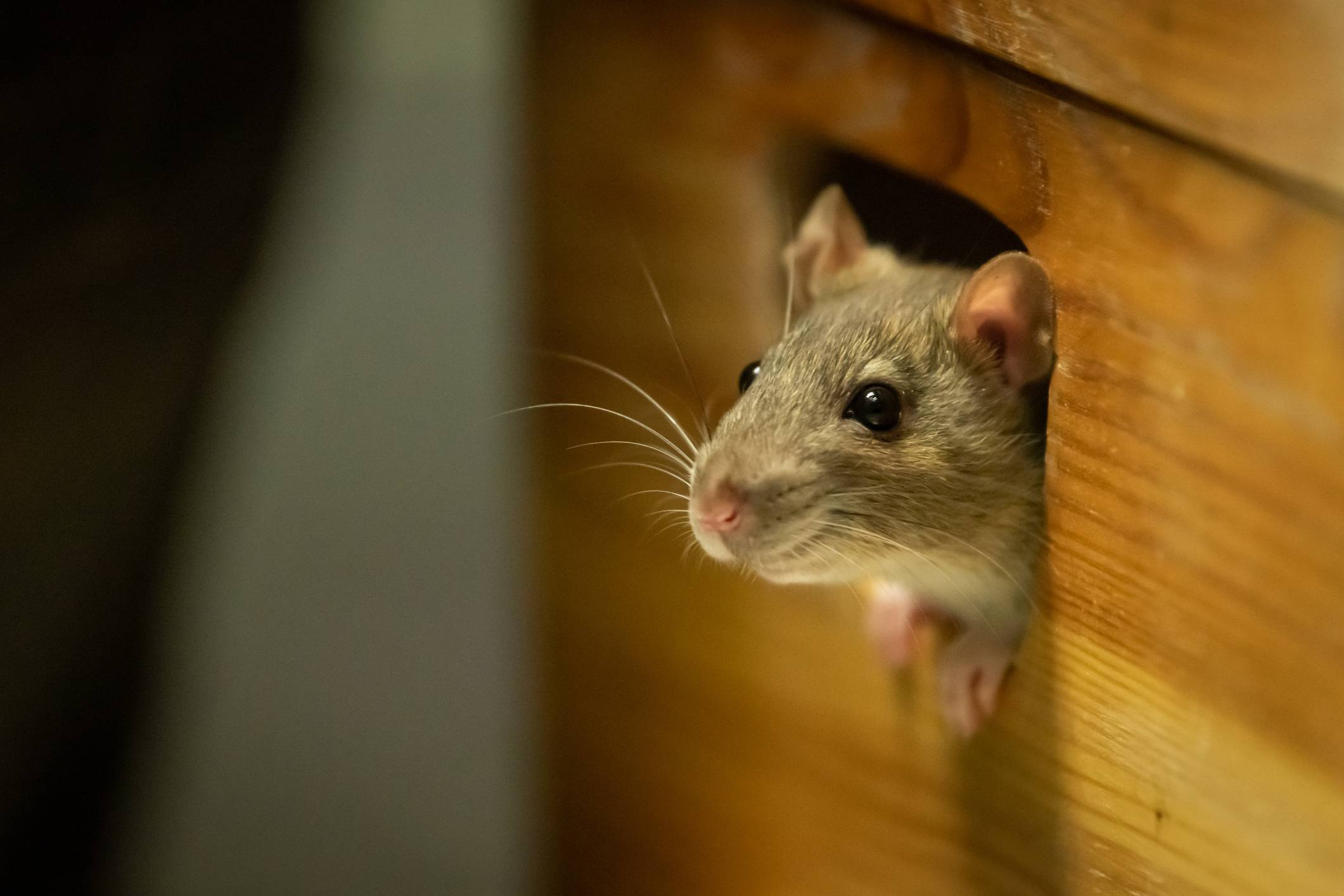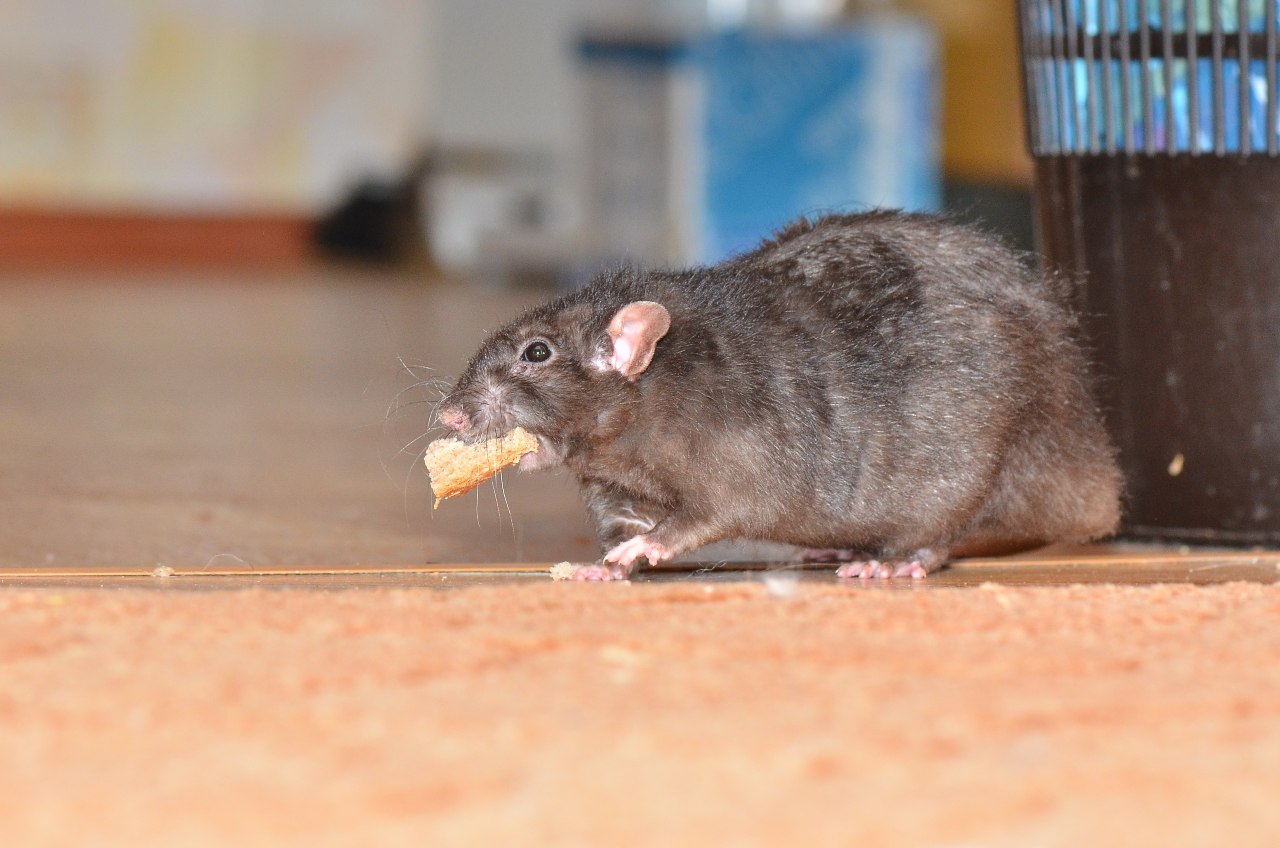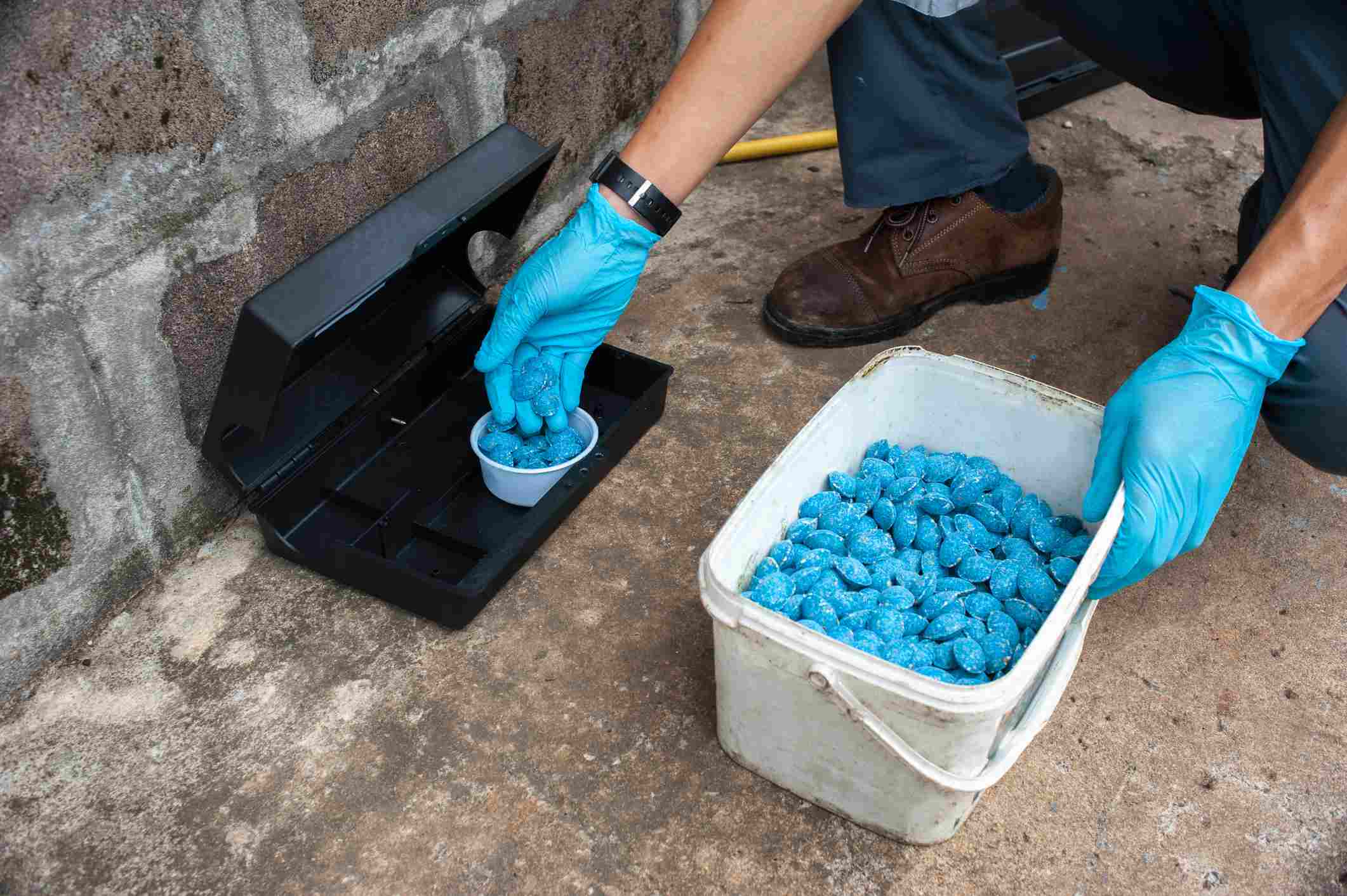Winter brings many great things: Blankets, hot cocoa, and snow. However, winter also brings mice and other rodents into your house as they look for food and shelter from the outdoors.
Get A Free Quote
Mice hate the cold and will search for warm, dark shelters to build their dens and wait out the winter months — making your home a very attractive destination for these little invaders. The basement, attic, and insides of your walls provide tons of hiding places as well as warmth and food.
While your house makes great real estate for mice, an infestation puts you and your family at risk. Even a small outbreak can cause expensive damages to your property, increased health risks, and even boosts the chances of a fire starting in your home as mice chew through electrical wiring and other lines while making their nest.
So now, before the real cold of winter sets in, is the best time to get rid of mice or prevent them from moving into your house. Learn more about how to best do so in this blog from Wil-Kil.
How do Mice get into your Home?
Mice are sneaky creatures that find many crafty ways to make their way inside of homes. Being small and lacking collarbones, mice can wriggle into openings around the size of a dime. This makes most cracks or openings into your house a viable entry point for them. With their ability to chew through a lot of materials using their powerful teeth, the ways they can enter a house are nearly endless. Some of the most common entry points include:
- Holes for gas, water, electrical, and data lines
- Cracks in the foundation or between floorboards and walls
- Unsecured windows and doors
- Damaged roofing
- Improperly sealed plumbing pipes
- Basements or crawl spaces
- Vents, chimneys, or other connections to the outdoors.
With all these options for mice to create their own doors into your home, it starts to feel impossible to stop mice from getting in. However, there are many methods people have utilized to defend their homes from infestation for centuries. Knowing common entry points helps you know where your house is vulnerable, so you can protect your home accordingly.
How to Deter Mice from Getting in Your House
Once inside, mice tend to make themselves at home and can have up to twelve babies every three weeks. The new mice then make the den larger by chewing through wires, insulation, and more. So, a small mouse infestation can quickly grow into a big problem.
Because of this, the best way to deal with an infestation is to stop it before it even starts. Luckily, many pest control companies have lists of things people can do at home to protect themselves from infestation. Below is a list of preventative measures recommended by the National Pesticide Information Center (NPIC) that you can take to deter mice from ever getting into your home.
- Seal any entry point with caulk, drying vents, steel wool, or other sealing agents.
- Cut back vegetation that grows too high near your home.
- Install weather stripping or door sweeps to keep mice from crawling under doors
- Replace the sealing around windows.
- Remove things mice can use to nest such as cardboard boxes, exposed insulation, and loose paper.
- Seal food in hardened plastic, glass, or tin. (Unlike rats, mice don’t need a water source if their food is moist enough)
- Clean up messes as soon as they happen to prevent attracting pests.
- Declutter so mice have fewer places to hide.
How to Know if you already have a Mice Infestation?
Due to their small size and ability to easily hide out of sight, when mice invade a house, it may take weeks to know they are there. By the time you notice them, serious damage may already be done. Other than actually finding a mouse or their nest, there are telltale signs that you might have rodents running around your home, including:
- Evidence of chewing on floorboards. This is usually an indicator that the nest is nearby.
- Brown or gray smudges on surfaces indicate areas of high rodent traffic, thanks to their greasy fur.
- Droppings or urine stains
- A persistent smell of moisture
- Sound of scurrying or squeaking in the walls
Most mice don’t stray more than thirty feet from their nest, so any evidence of an infestation is usually found close to where they are hiding. This can be a major help when finding where the rodent outbreak began, and where these pests may have entered your home from.
How to deal with a Mice Infestation?
Mouse control can be a sticky and often unpleasant business. Once an infestation is confirmed, most everyone suggests hiring a professional pest control company to deal with it. They have tools specialized in finding and safely eliminating these infestations, and can help prevent future outbreaks from occurring as well. However, if you want to take a crack at dealing with the mice yourself, there are two viable options: trapping, and rodenticides.
When it comes to mouse traps, it’s recommended to use several traps around the area you suspect the nest is. The NPIC recommends using a variety of baits, such as marshmallows, peanut butter, or meat, to figure out which one works the best. Use gloves or utensils to place the bait on the trap so it is not contaminated with your scent. It is also recommended to use lots of traps close together on your first night, as mice will become wary of the traps after that.
If you choose to go with a pesticide, it’s important to be very careful and apply it out of reach of both pets, children, and other humans who may accidentally ingest it. The NPIC recommends that you start with a lower toxicity and only increase it if it doesn’t work. Use the rodenticide as shown on the container it comes in, as this is the best way to remain safe.
Hiring a Professional
If dealing with a rodent outbreak yourself hasn’t worked out, or the thought of mice and rats scampering around your home makes you nauseous, hiring a pest control company can be your best option. For safe, efficient Wisconsin and Illinois pest control, you can count on Wil-Kil to get the job done. Contact us to get a quote today!




